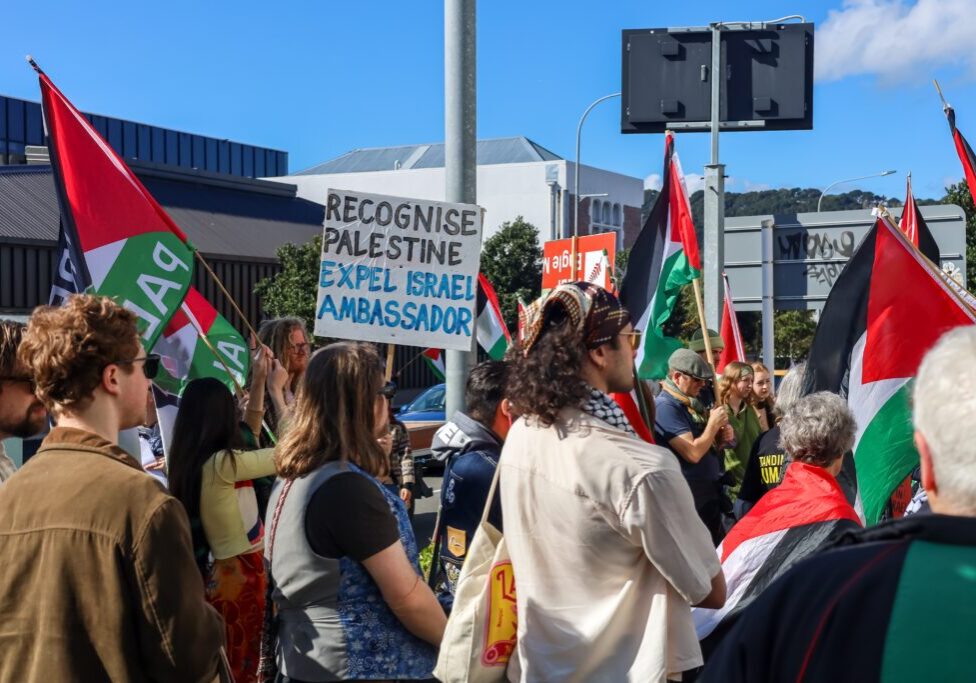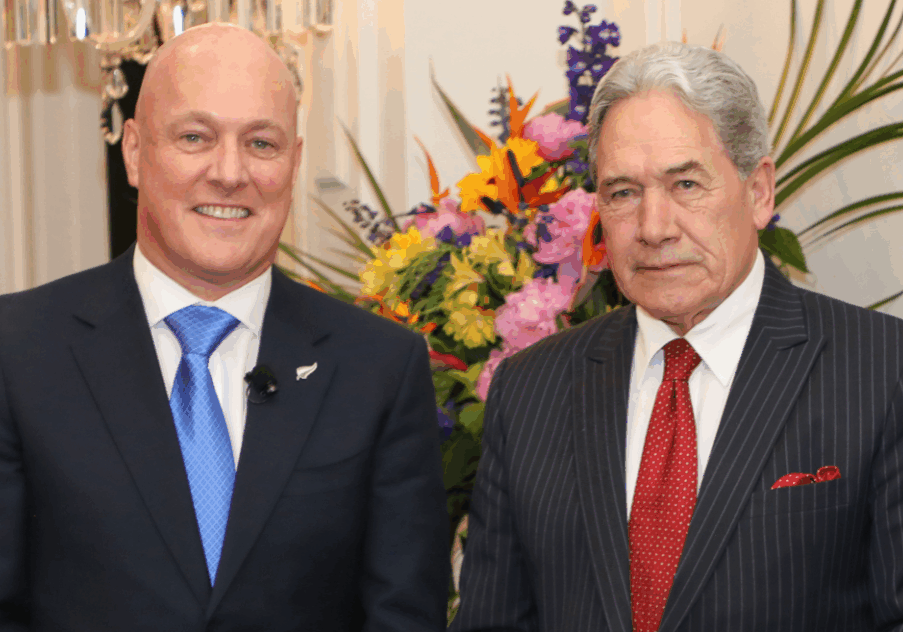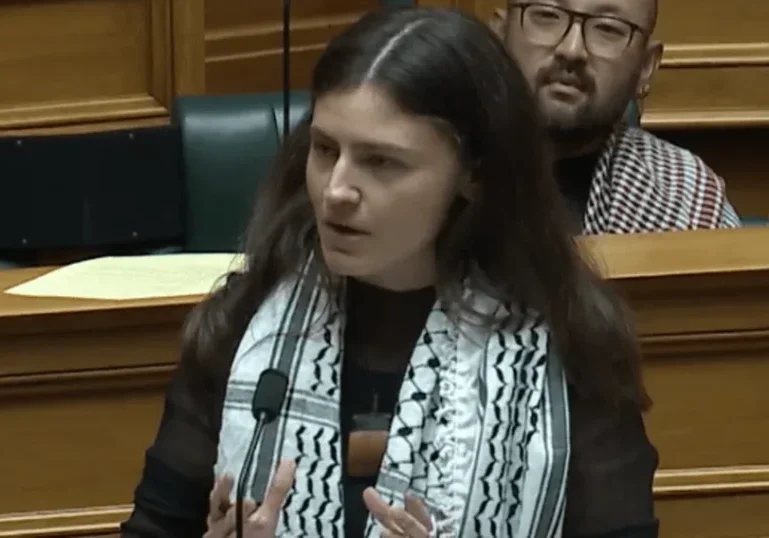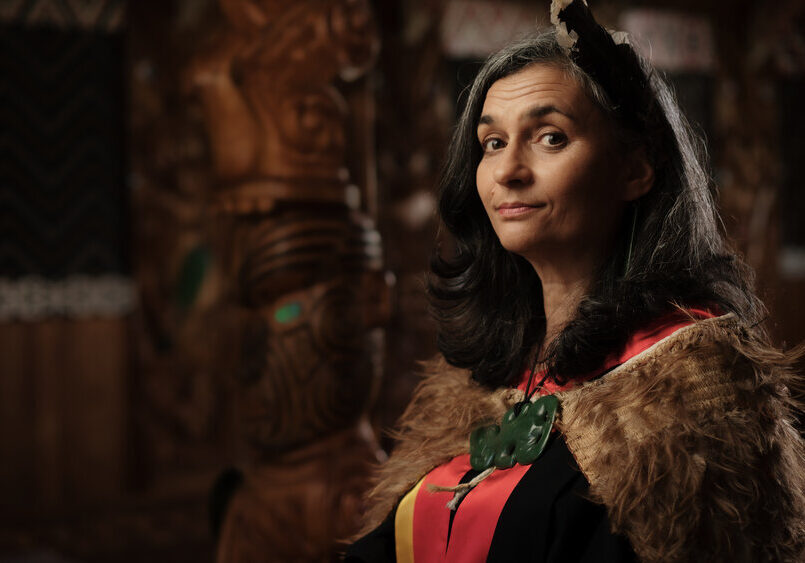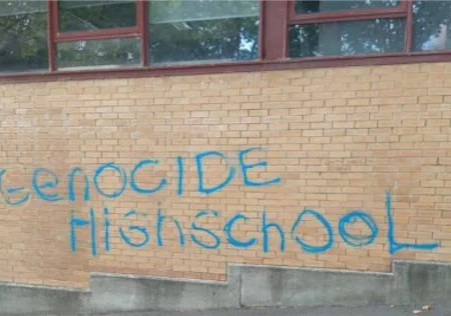Australia/Israel Review
AIR New Zealand: Campus speech controversy
May 9, 2017 | Miriam Bell
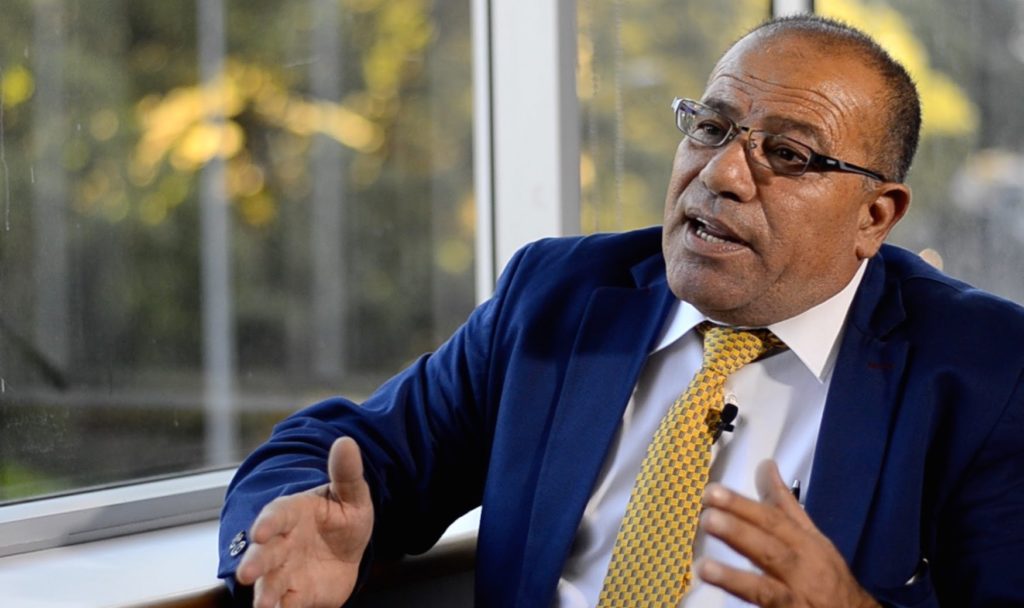
Freedom of speech: It’s one of the fundamental tenets of a healthy democracy. And the premise of the principle itself appears simple. Yet, in reality, there is a high degree of misunderstanding about what freedom of speech means. All too often, people seem to think the principle only applies if they agree with what is being said – with anything else being re-defined as “hate speech”.
This tendency has been further complicated by the growth of the internet and social media and all that they entail. While they provide more people with platforms to express their views, they have also led to an increased aversion to hearing differing points of view.
In turn, this has resulted in more frequent attempts to clamp down on those whose views clash with prevailing opinion. This trend is a global one, and unfortunately New Zealand is not exempt.
A prime example of this was the visit of Palestinian human rights activist Bassem Eid late in 2015. Eid is vocal in his opposition to the BDS movement and Palestinian leadership and was actively not welcomed by some in academia. As a result, the Astor Foundation had to approach 28 different individuals and organisations before it was able to secure two lectures for Eid.
Another very different example was the short life and sudden demise of the European Students Association at the University of Auckland earlier this year. The Association was closed down after threats to its members and accusations of racism – although its leaders denied it was racist.
In response to these incidents and a collection of others, Auckland University of Technology Professor Paul Moon recently published an open letter warning that freedom of speech is under threat in New Zealand universities. The letter was signed by a diverse array of high profile New Zealanders, including prominent members of the Jewish community like Dame Lesley Max and former Race Relations Conciliator Wally Hirsh.
“Universities should be institutions where robust debate and the free exchange of ideas take place, not the forceful silencing of dissenting or unpopular views,” the letter said. “Individuals, not any institution or group, should make their own judgments about ideas and should express these judgments not by seeking to suppress speech, but by openly and vigorously contesting the ideas they oppose, without discrimination or intimidation.
“We must ensure that our higher learning establishments are places where intellectual rigour prevails over emotional blackmail and where academic freedom, built on free expression, is maintained and protected.”
Moon told media the trouble is that people often don’t know the difference between free speech and hate speech. “Usually, if people are offended by what is said it’s seen as hate speech. But it is dangerous to silence someone just because we don’t like what they say. Such views are a threat to the right to free speech and put the definition of free speech at the whim of people pursuing that line.”
Responses to the open letter have been mixed with, for example, Prime Minister Bill English saying he didn’t know what the aim of the letter was. But it prompted the Human Rights Commission to reconfirm it was not advocating for a change to hate speech laws – primarily Section 61 of the Human Rights Act of 1993, which makes it unlawful to use “words which are threatening, abusive, or insulting…being matters or words likely to excite hostility against or bring into contempt any group of persons… on the ground of the colour, race, or ethnic or national origins.” However, the Commission does want police to collect “hate crime” data as part of their crime statistics.
The issue, and all its ramifications, is an important one for the Jewish community – which has experienced what can come from the suppression of free speech and divergent views, but also knows the potential consequences of unbridled hate speech.
As such, Jewish community organisations have made a point of publicly speaking out on the topic in recent times.
The New Zealand Jewish Council (NZJC) has said it supports the Human Rights Commission’s stance. It agrees with government ministers who oppose the introduction of additional new hate crime legislation, but thinks the collection of data on hate crimes is a good idea.
NZJC President Stephen Goodman said, “Recording hate crimes as such, and identifying the perpetrators as well as the victims, will help identify patterns. The information should be used to protect victims as well as target aggressors.”
Goodman said the Human Rights Commission should consult fully with minority communities on the issue, adding that he thought the Jewish community could help. “Unfortunately, Jewish communities around the world have experience with recording hate crimes, and we look forward to sharing this experience with the Human Rights Commission and police.”
The Holocaust Centre of New Zealand has also come out to say that it strongly supports the concept of free speech. It works to make young people question what they read online and be aware of the dangers of false news, the Centre said.
“Holocaust deniers and falsifiers have no barriers to publishing false news through the internet and other digital media. But we aim to teach people, especially the young, to go back to the source material and make people aware of the reality of what happens when hate speech turns into hate actions, through the history of the world’s largest ever state-sponsored genocide.”
Tags: Australasia, New Zealand

